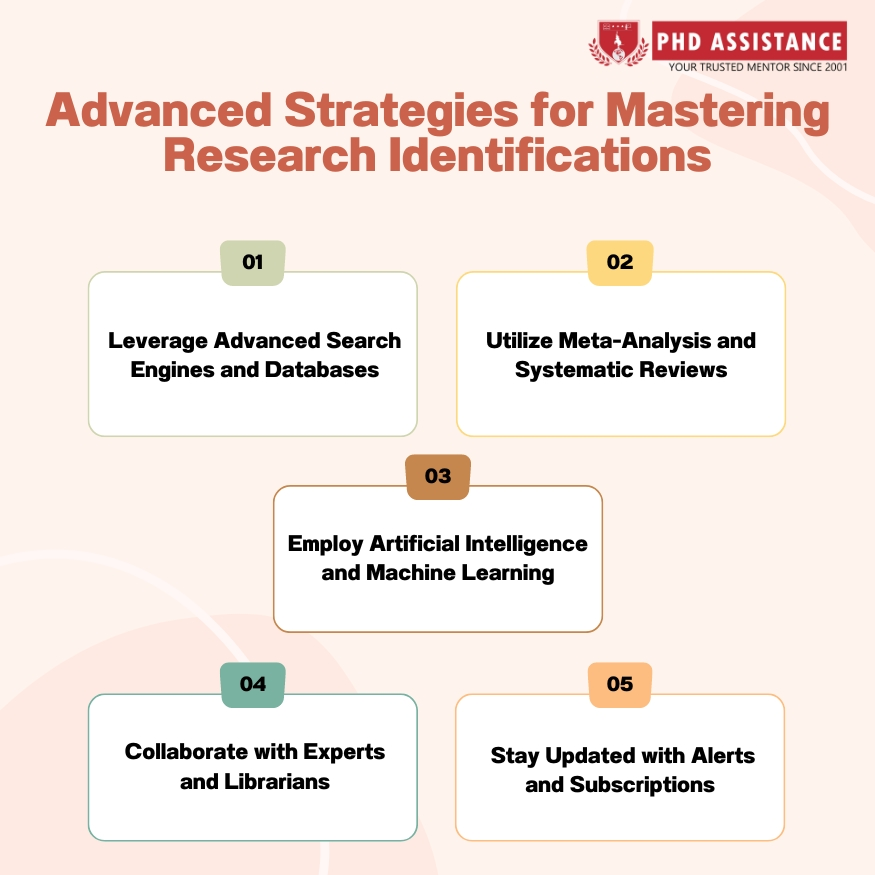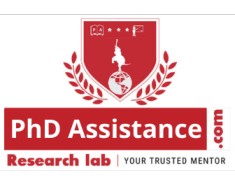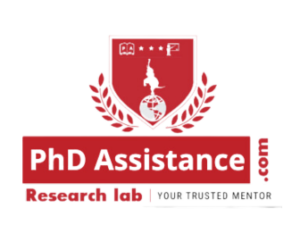Addressing the Shortfall: Mastering Research Identifications in Medical Science.
When I was a young medical scientist researcher, I recall the thrilling but difficult experience of exploration into a vast body of scientific literature. Every article that I read was a veritable gold mine of information with theories and conclusions. However, the difficulty of effectively finding and utilizing relevant studies has increased along the way, with the magnitude of research available nowadays in the field of medical research this is a widespread problem that is not specific to only me. Let us investigate the ways to get through these rough waters and how our writing service can help you become proficient in research identifications.
I devoted many hours to reading through hundreds of papers for my first large-scale study project on “neurodegenerative diseases” years ago. I’m not going to lie, the excitement of making new discoveries was often eclipsed by the difficulty in sorting through the vast sea of data to locate relevant high-caliber research studies. It was a turning point in my life, when after weeks of tiresome searching I finally ended up finding an important paper tucked away in a little-known journal. That paper served as the foundation for my research but the time and effort it took to locate it made clear a critical flaw in the methodology: the need for efficient finding and application of pertinent studies.
The Challenge: Information Overload in Medical Research
There is a paradox from the exponential rise in medical research publications. Though the sheer volume of data can be daunting, on the one hand we have unprecedented access to vast amounts of data. Overloading oneself with information can result in missed important studies duplicate research and wasteful use of resources. Even though they are still useful the conventional approaches to literature reviews frequently cannot keep up with the rapid growth of available data that’s precisely why using multiple databases and experimenting with different keyword combinations is essential to solving this problem (Zelner et al. 2022).
Enhancing Research Efficiency and Accuracy
Not only can efficient research identification save time, but it also guarantees the highest standards of scientific integrity accuracy and relevance. The intention is to enable researchers to advance current understanding without creating new ground (Macleod 2022). This guarantees that patient care, which frequently depends on the most recent and accurate research, is based on thorough and well-identified studies as well as speeding up your scientific advancement.
Advanced Strategies for Mastering Research Identifications
To address these challenges, here are several strategies that can enhance the process of identifying and utilizing research in medical science:
1. Take Advantage of Advanced Search Engines and Databases:

One should make use of specialized medical databases such as Google Scholar PubMed and Scopus. These platforms have sophisticated search features that can greatly reduce the number of relevant studies that are found. These features include filters for date relevance and impact factor. (Hudson et al. 2018).
2. Utilize Meta-Analysis and Systematic Reviews:
These kinds of studies fuse information from various research papers to provide a thorough summary of all the research that has been done on a particular subject (Kim 2023). By means of giving collected data and pointing out important studies that could apply to your work will save you a lot of time.
3. Employ Artificial Intelligence and Machine Learning:
As a researcher, I’m sure you know the power of AI tools. The tome of literature research can be scanned by AI-powered tools which can then be used to spot trends and highlight pertinent papers that might go unnoticed by traditional methods (Jabeen 2023). These resources are getting more advanced and widely available.
4. Collaborate with Experts and Librarians:
Don’t underestimate the value of human expertise. Subject matter experts and academic librarians can provide guidance and insights that are often missed by automated systems (A librarian’s view: ‘focus on the real needs of researchers’, 2019).
5. Stay Updated with Alerts and Subscriptions:
Many databases offer alert services that notify you of new publications in your field of interest. (Esmail Zadeh et al., 2020) Subscribing to these can help you stay current with the latest research without constant manual searching.
Our Writing Service: Your Partner in Research Excellence
At “PhD Assistance”, we understand the intricate dance of medical research identification and synthesis. Our team of expert writers and researchers is dedicated to supporting you at every step of your research journey. Whether you’re embarking on a systematic review, drafting a meta-analysis, or need assistance in identifying pivotal studies for your project, we provide comprehensive services tailored to your needs.
Why Choose Us?

1. Experienced writers and researchers:
You can feel assured and secured knowing that your work will be handled by people who have years of experience and are well-versed in the ins and outs of the field of research study, because our expert teams are composed of highly qualified professionals with advanced degrees in medical science.
2. Customization:
We genuinely care about our clients’ needs and their personal preferences, so whether it’s a literature review data analysis or manuscript preparation, we provide individualized services that are costumed to your research needs and ideas.
3. Efficient research identification:
We save you time and guarantee that you have access to the most pertinent studies by using cutting-edge tools and techniques.
4. QA:
We guarantee that all our work is produced with the utmost accuracy and integrity in science and academia thanks to our strict quality control procedures.
With that I conclude by saying that staying ahead of the curve requires mastering the art of research identification as the field of medical research is always changing. Through the utilization of sophisticated techniques and the proficiency of organizations such as our scholars can surmount the obstacles posed by an abundance of data and propel scientific advancement with greater efficiency.
Last but not least, do keep in mind that having a knowledgeable guide can make all the difference when piloting the vast ocean of medical literature. Give us now! to help you achieve outstanding research. For information on how we can help your next ground-breaking project get in touch with us right now.
References
- Olga Koz. (2019, April 24). A librarian’s view: ‘focus on the real needs of researchers’.
- Esmailzadeh, M., Bahrami, M., & Soleymani, M R. (2020, January 1). Competences of academic librarians in providing health research services: A qualitative study.
- Hudson, L D., Kush, R., Almario, E N., Seigneuret, N., Jackson, T., Jaúregui, B., Jordan, D W., Fitzmartin, R D., Zhou, F L., Malone, J., Gálvez, J L V., & Becnel, L B. (2018, April 26). Global Standards to Expedite Learning From Medical Research Data.
- Jabeen, D A J D A. (2023, April 13). How to Use ChatGPT for Scientific Research Paper writing? – Dr Asma Jabeen.
- Kim, G E. (2023, July 31). How to perform and write a systematic review and meta-analysis.
- Macleod, M. (2022, April 25). Improving the reproducibility and integrity of research: what can different stakeholders contribute?.
- Zelner, J., Broen, K., & August, E. (2022, March 1). A guide to backward paper writing for the data sciences. Elsevier BV, 3(3), 100423-100423.



